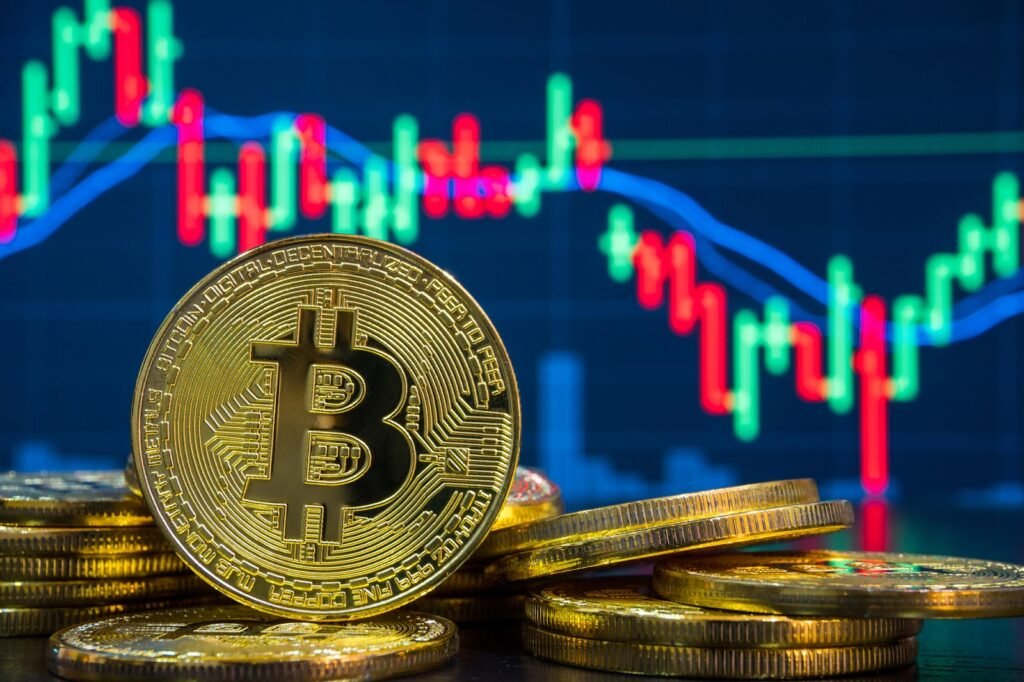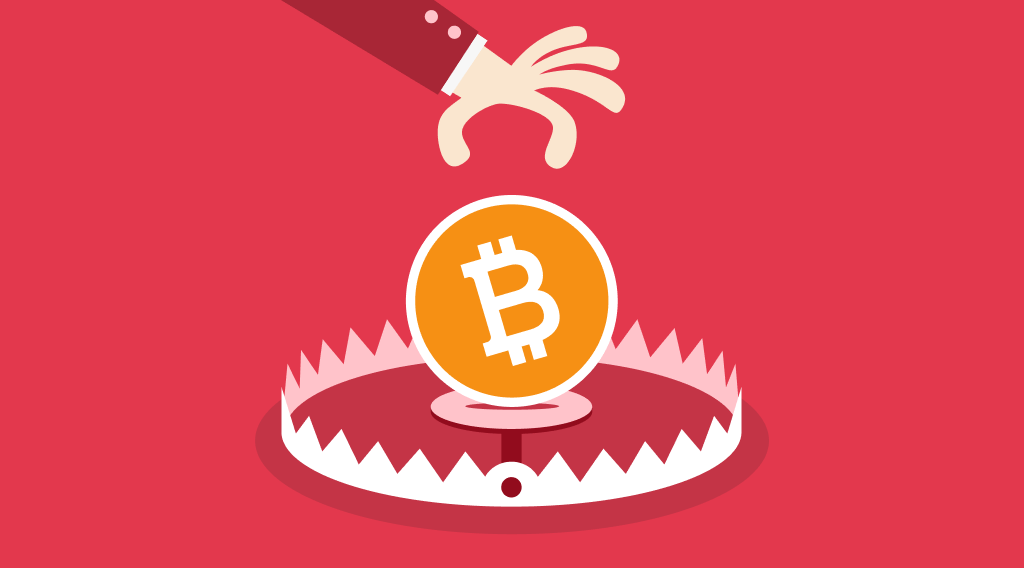Is Bitcoin a Good Investment? Bitcoin, the world’s first cryptocurrency, has become one of the most talked-about financial assets of the 21st century. Since its creation in 2009 by the mysterious figure known as Satoshi Nakamoto, Bitcoin has grown from a niche digital experiment into a trillion-dollar asset class that influences global markets. For many, it represents innovation, financial independence, and the future of money. For others, it is a speculative bubble filled with risk and uncertainty.
The question remains: is Bitcoin a good investment? The answer depends on how one defines “good investment,” personal financial goals, and risk tolerance. In this article, we will explore Bitcoin’s potential benefits, risks, and long-term outlook to help you form a balanced perspective.
The Case for Bitcoin as a Good Investment

Scarcity and Digital Gold
One of the most compelling arguments in favor of Bitcoin is its limited supply. Unlike traditional currencies that central banks can print endlessly, Bitcoin has a fixed cap of 21 million coins. This scarcity makes it comparable to gold, often earning it the nickname “digital gold.” As demand grows, scarcity could drive value higher, making it attractive for long-term investors.
Hedge Against Inflation
In many countries, inflation erodes the value of money. In the face of global uncertainties, rising debt levels, and frequent currency devaluations, investors seek assets that retain their value over time. Bitcoin’s decentralized nature and finite supply make it an appealing hedge against inflation, similar to precious metals.
Growing Institutional Adoption
In the early years, Bitcoin was primarily used by retail investors and technology enthusiasts. However, in recent years, major financial institutions, hedge funds, and publicly traded companies have started investing in Bitcoin. Companies like Tesla, MicroStrategy, and Square have added Bitcoin to their balance sheets, while investment firms such as BlackRock and Fidelity now offer Bitcoin-related products. Institutional involvement signals legitimacy and encourages long-term confidence.
Liquidity and Accessibility
Bitcoin is one of the most liquid assets in the world, traded 24/7 on global exchanges. Unlike real estate or traditional investments that require brokers, paperwork, and long processing times, Bitcoin can be bought, sold, or transferred almost instantly. This makes it convenient for both small investors and large institutions.
Technological Innovation and Blockchain
Beyond its financial value, Bitcoin represents a revolutionary technology. Its underlying blockchain system ensures transparency, security, and decentralization. As the first successful cryptocurrency, Bitcoin set the foundation for a massive digital finance ecosystem, including decentralized finance (DeFi), NFTs, and smart contracts. Its pioneering status gives it a strong advantage in the market.
Risks and Challenges of Investing in Bitcoin

Volatility
Bitcoin’s price history is filled with dramatic rises and sudden crashes. For example, in late 2017, Bitcoin soared close to $20,000 before crashing to around $3,000 in 2018. Similarly, in 2021, it hit over $65,000 before falling by more than 50% within months. Such volatility makes it risky for conservative investors or those seeking stability.
Regulatory Uncertainty
Governments worldwide are still debating how to regulate cryptocurrencies. While some nations like El Salvador embrace Bitcoin as legal tender, others impose strict restrictions or outright bans. Future regulations could affect Bitcoin’s price, adoption, and accessibility. For instance, stricter taxation or trading restrictions could discourage new investors.
Security Risks and Scams
Although Bitcoin’s blockchain itself is secure, the broader ecosystem faces risks. Many investors lose funds to phishing attacks, exchange hacks, or scams. Without proper knowledge, individuals can fall victim to fraud. Unlike banks, Bitcoin transactions are irreversible, meaning once funds are lost, recovery is nearly impossible.
Environmental Concerns
Bitcoin mining consumes significant energy, sparking criticism about its environmental impact. While some mining now uses renewable energy, concerns remain about sustainability. Future regulations on energy use could impact the industry and, indirectly, Bitcoin’s value.
Lack of Intrinsic Value Debate
Skeptics argue that Bitcoin has no intrinsic value since it doesn’t generate cash flow like stocks or rental income like real estate. Its price relies heavily on demand and speculation. If investor interest wanes, its value could decline rapidly.
Comparing Bitcoin with Traditional Investments
Bitcoin vs. Stocks
Stocks represent ownership in a company, with potential dividends and profits. Bitcoin, on the other hand, offers no cash flow but instead relies on price appreciation. Historically, Bitcoin has outperformed major stock indexes, but stocks provide more stability and a long history of returns.
Bitcoin vs. Gold
Both Bitcoin and gold are considered stores of value. Gold has thousands of years of history, while Bitcoin is barely over a decade old. However, Bitcoin is easier to transfer, divide, and store compared to gold. Some investors now view Bitcoin as a modern, digital replacement for gold.
Bitcoin vs. Real Estate
Real estate offers tangible utility and stable income streams. Bitcoin provides no physical utility but offers high liquidity and borderless transferability. Real estate is less volatile but requires large capital, while Bitcoin is more accessible for small investors.
Investment Strategies for Bitcoin
Long-Term Holding (HODLing)
Many investors adopt a strategy known as “HODLing,” where they buy Bitcoin and hold it for years regardless of short-term fluctuations. Historically, long-term holders have often seen significant gains despite volatility.
Dollar-Cost Averaging (DCA)
This involves investing small amounts regularly instead of making a lump-sum purchase. DCA reduces the risk of entering the market at a peak and smooths out volatility.
Diversification
Financial advisors often stress not putting all your wealth into one asset. Bitcoin can be a part of a diversified portfolio alongside stocks, bonds, real estate, and other assets. This helps balance risk and return.
Trading for Short-Term Gains
Some investors prefer active trading to profit from Bitcoin’s price swings. While this can be profitable, it requires skill, discipline, and tolerance for risk.
Who Should Consider Investing in Bitcoin?
Bitcoin may be a good investment for:
- Risk-tolerant investors are willing to accept volatility.
- Long-term thinkers who believe in digital assets and blockchain technology.
- People are seeking diversification beyond traditional markets.
- Investors in inflation-prone countries are looking for alternatives to fiat currency.
However, it may not suit:
- Conservative investors need stability and predictable returns.
- Short-term savers who cannot afford sudden losses.
- Those without financial literacy may be vulnerable to scams.
The Future of Bitcoin Investment
Bitcoin’s future depends on several factors:
- Regulatory Clarity: Positive regulations could encourage more institutional adoption.
- Technological Advancements: Energy-efficient mining and scaling solutions could improve its reputation.
- Global Acceptance: Wider use as a payment method would strengthen its utility.
- Market Cycles: Like all assets, Bitcoin will continue to experience booms and corrections.
Some analysts predict Bitcoin could reach six-figure valuations in the coming decade, while others warn it could collapse to near zero. The truth may lie somewhere in between: Bitcoin may stabilize as a major alternative asset, coexisting with traditional investments.
Conclusion
So, is Bitcoin a good investment?
The answer depends largely on your financial goals, risk appetite, and time horizon. Bitcoin has proven itself as a revolutionary asset, offering high returns, scarcity, and growing legitimacy. However, it remains volatile, speculative, and subject to regulatory and environmental challenges.
For investors seeking long-term growth, diversification, and exposure to digital innovation, Bitcoin can be a worthwhile addition to a portfolio—provided it represents only a portion of total investments. For those prioritizing safety and predictability, traditional assets like stocks, bonds, and real estate may be more suitable.
Ultimately, Bitcoin is neither purely good nor purely bad as an investment—it is a high-risk, high-reward opportunity that requires careful consideration, research, and disciplined investing.

